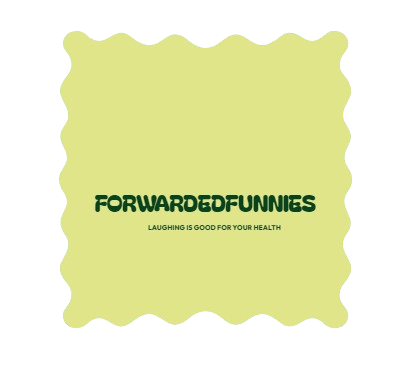Humor is a powerful tool that can help us navigate the complexities of life, and dark humor—often characterized by its ability to find levity in challenging or taboo subjects—has emerged as an intriguing form of comedic expression. While it may seem controversial or unsettling to some, dark humor can serve as a therapeutic outlet for both individuals and communities. Here’s a closer look at why dark humor can be beneficial for mental well-being.
- Coping with Trauma and Grief
One of the most profound uses of dark humor is its capacity to help people cope with trauma or grief. Laughing about difficult experiences can create a sense of emotional distance, allowing individuals to process pain and suffering more effectively. By framing tragedy in a humorous light, people can express their feelings without becoming overwhelmed by them. This mechanism is also observed in therapeutic settings, where humor is used to facilitate discussions about sensitive subjects.
- Humanizing Difficult Topics
Dark humor often tackles challenging subjects such as death, illness, and societal issues. By using humor to discuss these topics, individuals can destigmatize them and engage in difficult conversations more comfortably. This can foster understanding and acceptance, leading to healthier dialogue around subjects that are often brushed aside or treated with fear and unease.
- Building Connections
Shared laughter, especially over dark humor, can create a sense of camaraderie among those who have faced similar hardships. It helps build bonds and foster connections in a way that other forms of communication may not. When people share a dark joke, it can signal mutual understanding and acceptance, enhancing social bonds and support systems, which are vital for mental health.
- Challenging Social Norms
Dark humor can also serve as a means of challenging societal norms and taboos. By joking about what society often deems inappropriate or off-limits, individuals can express their frustrations, fears, and defiance in a way that feels safe and liberating. This form of expression can be a catalyst for social change, prompting discussions that question societal values and biases.
- Promoting Resilience
Finding humor in adversity can foster resilience, allowing individuals to face life’s challenges with a lighter heart. Dark humor can inspire a sense of empowerment, helping people feel that they can take control of their circumstances or reactions to distressing situations. When individuals learn to laugh amid difficulty, they often cultivate a coping mechanism that can reduce anxiety and promote mental fortitude.
- Alleviating Stress and Anxiety
Laughter, in general, is known to reduce stress by releasing endorphins, improving mood and providing a natural sense of relaxation. Dark humor is no exception—by finding amusement in our struggles, we can alleviate tension and create emotional relief. It allows for a momentary escape from the harsh realities of life, providing a mental break and a refreshing perspective.
- Highlighting Life’s Absurdities
Life can often feel surreal or nonsensical, and dark humor embraces that absurdity. By finding something funny in the chaotic or tragic aspects of life, individuals can acknowledge the complexities of human existence. This acknowledgment can foster a sense of acceptance, helping individuals navigate their emotions without being weighed down by the gravity of reality.
- Encouraging Reflection and Perspective
Dark humor encourages self-reflection and introspection. It prompts individuals to confront their thoughts, fears, and beliefs. This level of engagement can lead to personal growth and greater self-awareness. By joking about difficult situations, individuals can gain insights into their emotions and perspectives, ultimately leading to healthier coping strategies.
Conclusion
While dark humor may not resonate with everyone, and some may find it uncomfortable or unsettling, its therapeutic benefits are significant for many. By helping individuals cope with trauma, normalize difficult discussions, build connections, and promote resilience, dark humor serves as a unique and valuable tool for navigating the complexities of life. Ultimately, laughter—even when it dances along the edge of darkness—can be a powerful ally in the pursuit of mental well-being. So let’s celebrate the healing power of humor, reminding ourselves that sometimes, laughter really is the best medicine.










